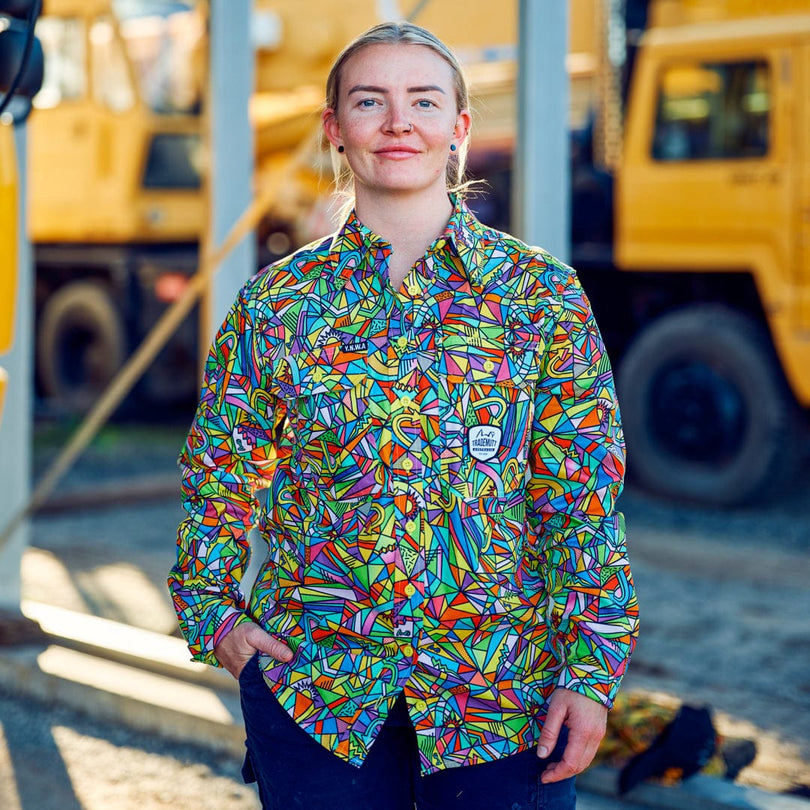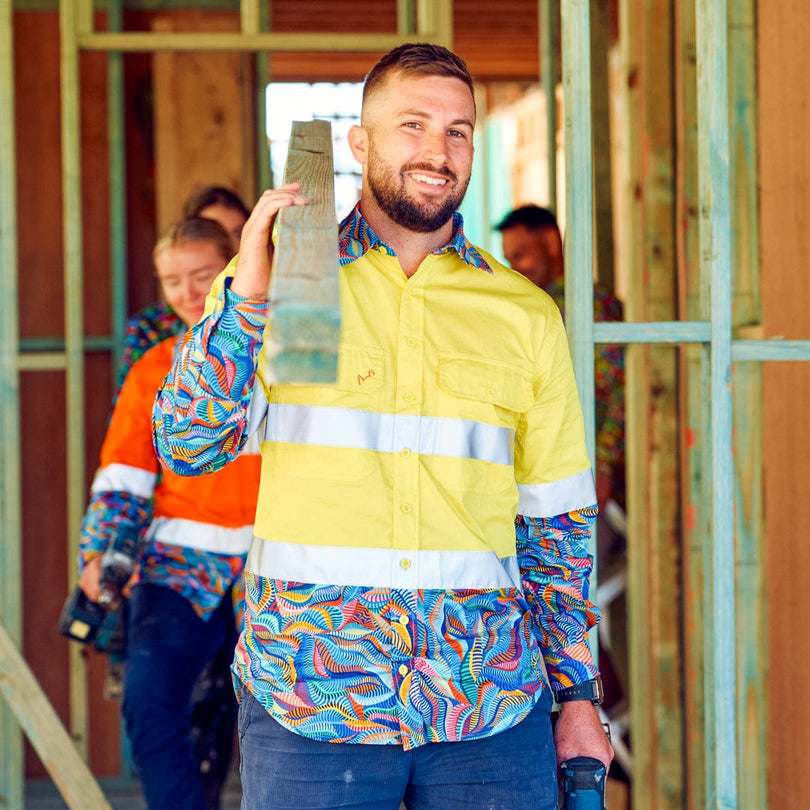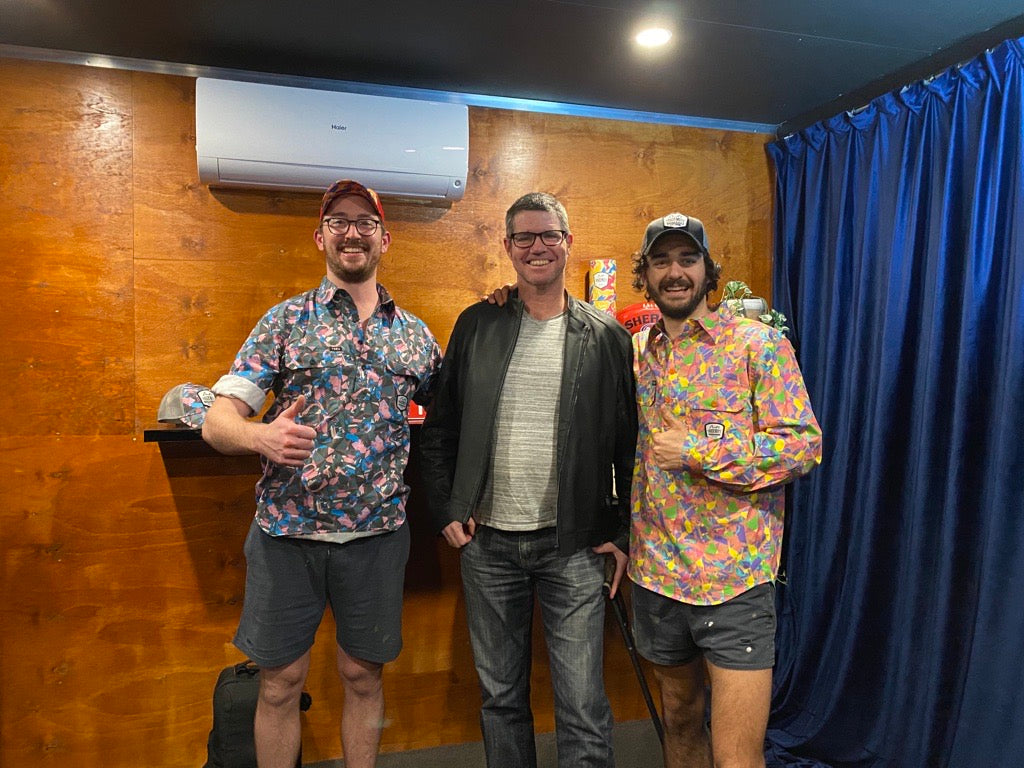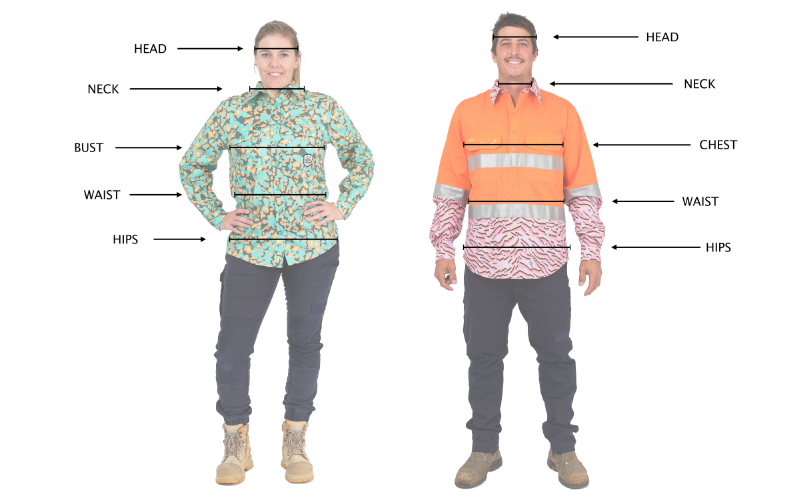In this week’s podcast, we chatted to Dave McKerihan about overcoming challenges that include losing his wife to cancer, being a single dad while still grieving and what it was like to be diagnosed with a degenerative neurological condition that has affected his ability to play sport and get around in everyday life.
Throughout the episode, I couldn’t help but notice that Dave was constantly crediting different support networks for helping him navigate life when it felt like he had been dealt a bad hand. This was such a refreshing perspective to hear because the popular narrative that men are presented with is that they have to figure out how to cope on their own. We chatted about ways to combat this toxic way of thinking, because no one is designed or prepared to lose their wife and raise two kids while battling their own health complications. And why should we expect men to have the tools to deal with experiences like this when we don’t even give them permission to talk about them?
Dave built his support networks through the power of storytelling, a practice which allowed him to normalise his own story and find others who might relate. By doing this he also managed to find people who had the knowledge and skills he needed by giving himself permission to be vulnerable and ask for help.
The idea of support networks can be scary to some people because it implies that you have to relinquish control and let someone help you. What we forget is that by letting someone help you, you are managing your own mental health by decluttering your mind and dealing with stress in a healthy way. For example, when Dave began having trouble running he tried to ignore it and resisted asking for help which delayed the diagnosis of his condition. However, he has had to come to terms with the fact that he needs to rely on a group of health professionals to manage his illness because being in denial would lead to adverse physical and mental health outcomes.
Similarly, when Dave lost his wife, he found himself lost in his new role as the only caregiver to his 10 and 12 year-old boys. Having never been in charge of things like grocery shopping, cooking and laundry he found that he needed help from people who knew what they were doing. In this case, the people that could help happened to be the group of mums at his kids’ school.
But, not all support networks need to directly help with what you are going through in that moment. In fact, we also chatted about the value of reaching out to people like old footy or cricket mates that allow you to switch off and have fun. These type of informal support networks are what blokes are most used to having access to but we also make the point that it is important to reach out to your mates one-on-one if you feel like they might be struggling.
Overall, it was a bloody good yarn with Dave and we really appreciate how vulnerable he was with us. He gave us a lot to think about and some real tools to help us navigate the tough times and how to surround ourselves with people we can lean on.
For more Dave McKerihan action, including our chats about wellness, punting clubs and golf tournaments check out the latest episode of 120 Grit on your favourite podcast platform now.
Throughout the episode, I couldn’t help but notice that Dave was constantly crediting different support networks for helping him navigate life when it felt like he had been dealt a bad hand. This was such a refreshing perspective to hear because the popular narrative that men are presented with is that they have to figure out how to cope on their own. We chatted about ways to combat this toxic way of thinking, because no one is designed or prepared to lose their wife and raise two kids while battling their own health complications. And why should we expect men to have the tools to deal with experiences like this when we don’t even give them permission to talk about them?
Dave built his support networks through the power of storytelling, a practice which allowed him to normalise his own story and find others who might relate. By doing this he also managed to find people who had the knowledge and skills he needed by giving himself permission to be vulnerable and ask for help.
The idea of support networks can be scary to some people because it implies that you have to relinquish control and let someone help you. What we forget is that by letting someone help you, you are managing your own mental health by decluttering your mind and dealing with stress in a healthy way. For example, when Dave began having trouble running he tried to ignore it and resisted asking for help which delayed the diagnosis of his condition. However, he has had to come to terms with the fact that he needs to rely on a group of health professionals to manage his illness because being in denial would lead to adverse physical and mental health outcomes.
Similarly, when Dave lost his wife, he found himself lost in his new role as the only caregiver to his 10 and 12 year-old boys. Having never been in charge of things like grocery shopping, cooking and laundry he found that he needed help from people who knew what they were doing. In this case, the people that could help happened to be the group of mums at his kids’ school.
But, not all support networks need to directly help with what you are going through in that moment. In fact, we also chatted about the value of reaching out to people like old footy or cricket mates that allow you to switch off and have fun. These type of informal support networks are what blokes are most used to having access to but we also make the point that it is important to reach out to your mates one-on-one if you feel like they might be struggling.
Overall, it was a bloody good yarn with Dave and we really appreciate how vulnerable he was with us. He gave us a lot to think about and some real tools to help us navigate the tough times and how to surround ourselves with people we can lean on.
For more Dave McKerihan action, including our chats about wellness, punting clubs and golf tournaments check out the latest episode of 120 Grit on your favourite podcast platform now.














